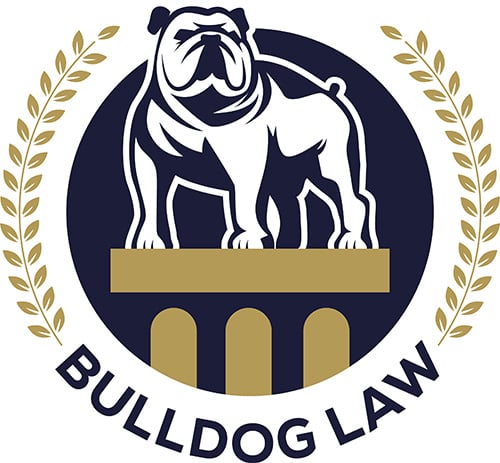Learning more about tax evasion can be helpful whether you are currently facing tax evasion charges or are worried your actions me lead to legal issues.
As someone who makes a living through challenging work and sacrifices, you might feel that paying taxes isn’t fair. However, carefully following laws will work to your advantage, as the penalties and consequences can be more costly.
Forms of tax evasion
Essentially, two main tax return choices lead to evasion: lying about income, credits or deductions or not filing at all. Often, folks with more than one income stream decide to leave out a stream in their return completely. This is a clear, conscious choice to break tax laws. However, honest mistakes, like a typo, can also happen while filing a tax return.
The Internal Revenue Service (IRS) can distinguish between a hiccup and fraud. A lot of times, fraud involves a pattern of illegal behavior. Chances are more than one year of not filing or falsifying tax returns triggers an investigation. Someone might commit fraud one year, believe they got away with it, and decide to do it again. Another way the IRS detects tax evasion offenders is by catching them in a lie during an audit and uncovering proof in bank accounts and tax documents that conflict with their story.
Costs of tax evasion
According to the IRS, tax evasion can lead to fines of up to $100,000 and up to five years of prison time. Meaning a hope to avoid paying a few thousand dollars in taxes can really backfire and change the course of one’s life. Tax evasion is a felony charge. So, even if an offender is financially fortunate enough to easily pay fines and legal fees and minimize prison time, their criminal record can make it difficult to find steady employment in the future.
If you or a loved one are facing an IRS audit or tax evasion charges, it’s best to move forward with the assistance of an attorney well-versed in tax law and criminal defense.


